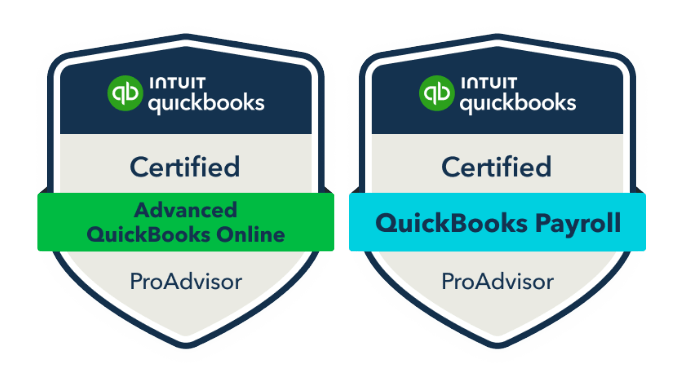As the year winds down, you’re probably busy planning for the holidays, setting goals for the new year, and tackling your endless to-do list. But there’s one crucial task you shouldn’t overlook: reconciling your accounts.
Reconciliation may not sound glamorous, but it’s one of the most important steps in keeping your financial records accurate and ready for tax season. Let’s dive into what account reconciliation is, why it matters, and how to do it effectively.
What Does It Mean to Reconcile Your Accounts?
In simple terms, account reconciliation means comparing your financial records (like your bookkeeping software or spreadsheets) to external statements (like bank or credit card statements) to ensure they match. The goal is to confirm that every transaction is accounted for, and there are no discrepancies.
Why Reconciling Your Accounts is a Must
- Ensure Accuracy: Reconciling catches errors like duplicate transactions, missed expenses, or incorrect entries.
- Prevent Fraud: Regular reconciliation helps you spot unauthorized transactions or fraudulent activity quickly.
- Simplify Tax Prep: Clean, reconciled accounts make tax preparation smoother and reduce the risk of audits.
- Improve Cash Flow Management: Knowing your exact account balances helps you plan for upcoming expenses and avoid overdraft fees.
Common Challenges Without Reconciliation
Neglecting reconciliation can lead to some costly mistakes:
- Missed Deductions: If an expense isn’t recorded, you can’t deduct it.
- Overestimated Profits: Without accurate records, you might think you have more money than you actually do.
- Audit Risk: Discrepancies in your records could raise red flags with the IRS.
Take Mike, a contractor, who delayed reconciling his accounts all year. When he finally sat down to prepare for taxes, he discovered multiple unrecorded vendor payments, throwing off his financial reports. A few hours of regular reconciliation throughout the year could’ve saved him a week of stress.
How to Reconcile Your Accounts Step-by-Step
Ready to roll up your sleeves? Here’s how to reconcile like a pro:
- Gather Your Records – Start with your bookkeeping records, bank statements, credit card statements, and receipts for the period you’re reconciling (monthly or quarterly is ideal).
- Match Transactions – Compare your bookkeeping records to your statements. For each transaction, check:
- Date
- Amount
- Description
- Identify Discrepancies – If something doesn’t match, investigate the cause. Common culprits include:
- Bank fees or interest charges you forgot to record.
- Transactions recorded in the wrong category.
- Outstanding checks or pending deposits.
- Adjust Your Records – Once you identify discrepancies, update your records to match your bank statements. Be sure to note the reason for the adjustment.
- Verify Account Balances – At the end of the process, your records and bank statements should agree. If they don’t, double-check for errors or reach out to your bank for clarification.
Best Practices for Easy Reconciliation
- Reconcile Regularly
Don’t wait until the end of the year. Monthly reconciliation makes the process faster and less overwhelming. - Use Bookkeeping Software
Tools like QuickBooks can automate much of the reconciliation process, saving you time and reducing errors. - Separate Personal and Business Accounts
Blended accounts make reconciliation messy. Keep your business and personal finances separate to simplify the process. - Save Receipts and Documentation
Having clear records makes it easier to match transactions and resolve discrepancies. Use apps like the QuickBooks app to digitize your receipts. - Consult a Professional
If reconciling feels daunting or time-consuming, a bookkeeper can handle it for you and ensure everything is accurate.
Real-Life Success: How Reconciliation Saved a Business
A restaurant owner used to avoid reconciling her accounts because she thought it was too tedious. But after an audit revealed missing receipts for several large expenses, she realized the importance of staying on top of her records. Now, she reconciles her accounts monthly, and her financial reports are clean, accurate, and ready for tax season.
The best part? She feels more confident about her business’s financial health and can make smarter decisions about inventory and payroll.
Your Next Step: Reconcile Before Year-End
If you haven’t reconciled your accounts this year, now’s the time. Take an hour this week to compare your records to your statements and clean up any discrepancies. Not sure where to start? I can help you tackle reconciliation, organize your records, and set you up for a stress-free tax season.
Final Thoughts
Reconciling your accounts might not be the most exciting task on your to-do list, but it’s one of the most important. Accurate, reconciled records give you a clear picture of your business’s financial health and set you up for success in the year ahead. Ready to make reconciliation a habit? Let’s get started today.






0 Comments